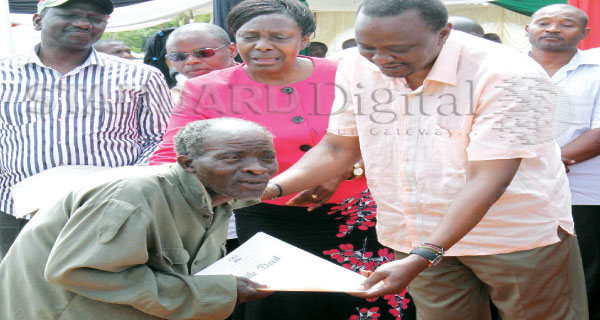×
The Standard e-Paper
Fearless, Trusted News
 |
By Harold Ayodo
President Uhuru’s directive for a complete audit of land records to root out irregular transactions has sent shockwaves in the real estate industry.